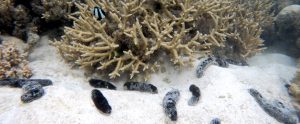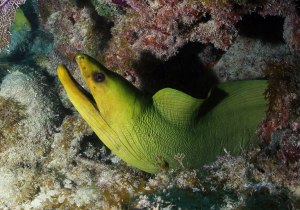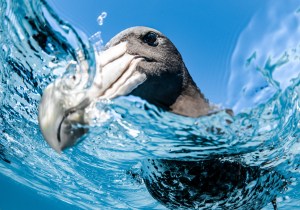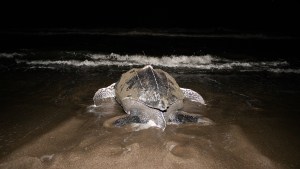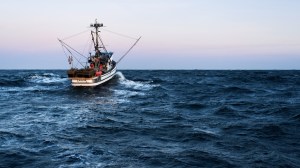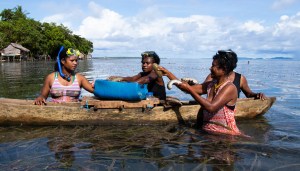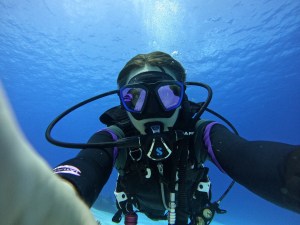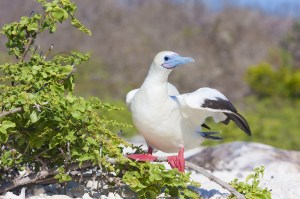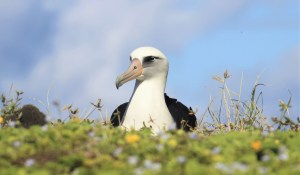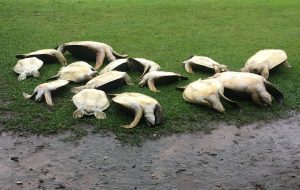Discover stories in Oceans
Want to Suppress Coral Disease? Bring Back Sea Cucumbers
By feeding on microbial pathogens in marine sediment, the weird and wonderful sea cucumber can enhance reef resilience by suppressing coral diseases.
Meet Lizzie McLeod, TNC’s Global Oceans Director
From religion major to glass blower to leader in global ocean conservation, Lizzie McLeod’s career path has been anything but conventional.
7 Strange Species from the Ocean’s Depths
Eye-eating worms, crabs that look like a yeti, and eels that help fish hunt.
Extreme Birding: The Strange Magic of Pelagics
12 hours on a small boat with 16 strangers, all to see a handful of seabirds? Welcome to the strange magic of pelagic birding.
Migration Data Helps Protect Leatherbacks Across Oceans
Data from a TNC-lead tagging study reveals the epic migrations of leatherback turtles.
Meet the Leatherback: A Giant, Deep-Diving Migrant of the Open Seas
What dives deeper than a submarine, swims across oceans, is covered in polka-dots, and has a mouth straight out of a horror movie?
Fisheries Trusts Can Advance Sustainability and Resilience Goals
The first national review of community fisheries trusts in the U.S. shows they can achieve positive outcomes for fishing communities and marine ecosystems.
When Sea Cucumbers Spawn, Where Do Their Larvae Go?
New research on sea cucumber genetics indicates that locally managed marine areas are a good way to protect this fishery for communities.
Studying Challenges to Cozumel’s Coral Reefs
National Geographic Society and TNC extern Sophie Dellinger examines the impacts of poor water quality on Cozumel's coral reefs.
Want Resilient Coral Reefs? Bring Back Seabirds
Eradicating rats and restoring seabird populations could increase coral reef resilience to climate disturbances.
Running the Numbers on Global Seabird Restoration
A new database of global seabird restoration projects allows scientists to analyze trends and provides a tool for practitioners looking to effectively restore seabirds and coastal ecosystems.
Sea Turtles Are Under Threat from Small-Scale Fisheries
Free divers are fishing turtles at unsustainble levels in the Solomon Islands.
